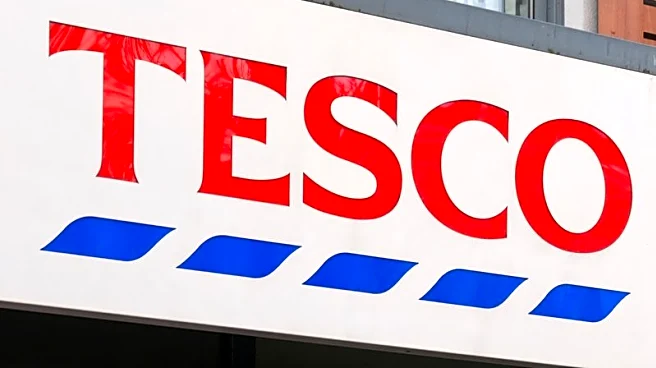What's Happening?
Pfizer has reported a failed phase 3 trial for inclacumab, a sickle cell disease (SCD) therapy acquired from Global Blood Therapeutics. The THRIVE-131 study did not achieve its goal of significantly reducing vaso-occlusive crises compared to placebo. This follows the withdrawal of GBT's Oxbryta from global markets due to an imbalance in deaths during clinical trials. Inclacumab, a P-selectin inhibitor, was tested in SCD patients aged 16 and over, but did not meet efficacy expectations. Despite being well tolerated, the trial's failure is a disappointment for the sickle cell community.
Why It's Important?
The failed trial for inclacumab represents a significant setback for Pfizer's sickle cell portfolio, acquired for $5.4 billion. The inability to demonstrate efficacy in reducing vaso-occlusive crises impacts Pfizer's strategic position in the SCD market. With inclacumab's future uncertain, Pfizer is left with osivelotor, another asset from the GBT acquisition, and efforts to rehabilitate Oxbryta. The setback highlights challenges in developing effective SCD treatments and may affect Pfizer's projected sales from these drugs.
What's Next?
Pfizer's focus may shift to osivelotor, currently in a phase 3 trial for chronic SCD treatment, although patient enrollment is paused due to an FDA clinical hold. The company plans to share updates from a phase 2/3 trial as available. Pfizer's commitment to understanding the THRIVE-131 results and sharing them with the medical community suggests ongoing research efforts. The company may explore alternative strategies to strengthen its SCD portfolio and address unmet needs in the sickle cell community.











